Everyone has a skill they've honed and mastered for years, but many such things are mostly useful for our career or general education.
Bhaskar Health gathered the skills absolutely everyone should have. They may seem unnecessary at first glance, but each of them just might save your life one day.
14. Tying knots
Learning to tie various knots will be of use in many situations: when you need to lift something heavy, when you go hiking or fishing, or if you like active pastimes.
13. Identifying edible mushrooms from poisonous ones
Many poisonous mushrooms can do you harm even when you just touch them – some of them may have mucus that causes rashes or burns. Be sure to share this kind of knowledge with your kids when going into the wild with your family.
12. Knowing the Heimlich maneuver
Otherwise called the abdominal thrust, this method will help you save someone else's life. If somebody is choking on a piece of food, you'll know what to do.
11. Finding your bearings in the woods
If you're going on a trip into the wilderness, make sure you know how to find your way in an unfamiliar surrounding. Don't rely on gadgets to help you: the link may break. To be on the safe side, it's necessary to at least be able to use a compass.
10. Knowing your way with plumbing and electricity
This kind of knowledge is useful in case of emergency as well as to save money. For instance, the faucet breaks while you're washing the dishes, and the water sprays everywhere. If you don't know how to turn it off, get a boat ready and prepare to wait for the plumber to come. And when it's all done with the pipes, you'll still have to do something with all the electrical appliances in the kitchen that have been covered with water. Here's where electrician skills would come in handy.
9. Using repair equipment
Anyone should have a minimal tool kit for small repairs. However funny it may sound, you should know how to drive a nail into the wall or put up a picture. You don't need to call special people for that every time, do you?
8. Rescuing a drowning person
There's only one obstacle on your way to rescue a drowning person: not being able to swim. If you are, though, nothing can stop you from saving that person's life. Remember to approach them from behind so that they don't see you coming, otherwise the person may hinder you or drag you down in their panic. After you've approached the person, grab them under the armpits or by the chin, and move to the shore, keeping their head at your belly.
7. Knowing how to store and save money
There's nothing bad in being capable of keeping to a budget and saving money. Whatever your income, you should know which rules to follow not to become a wastrel. And here's a good tip to start saving.
6. Being able to rig a fishing rod and row a boat
You don't need to be a fisherman, but you need to know these things. Fishing is the easiest way to find food in the wild if there's a body of water nearby. And rowing a boat is essential for getting around the latter and finding good fishing spots.
5. Planning your vacation in advance
A good vacation is a well-thought-out vacation. If you don't want to find yourself getting into trouble or lacking something important when you've just arrived, approach planning your trip with all possible care. Don't rely on your memory: make a list of things to take with you. And if you're traveling abroad, remember about low-costers to save money.
4. Escaping a stray dog unscathed
If you've been unfortunate enough to meet an angry dog, there are several ways to protect yourself:
- If the dog isn't big, you can try scaring it off by pretending to pick up a stone from the ground. First, make it notice you: slowly walk to the dog, and when you're in the center of its attention, do the trick. A small and cowardly dog will run away.
- If it didn't work, you should be prepared for an attack. You may try kicking the dog in the nose when it lunges at you, but a precise kick is a rarity. A more effective way is to let the dog bite you: slowly and without turning your back to the animal, take off your coat or jacket, and wrap your arm in it. Let the dog clench its jaws around that arm, then push the clothing item into its mouth and run.
3. Using a jack
Having at least elementary knowledge of car workings is always useful. If you get a flat tire in the middle of nowhere, you can change it yourself with the help of a jack and a box wrench. And don't forget about the props so that your car doesn't roll away when you lift it.
2. Protecting yourself on a plane in an emergency
The guidelines for safety on an airplane may say otherwise, but you'll do better to remember that the brace position shown in most brochures, with your head bent down and your arms around your knees, is less safe than if you lean forward, place your legs firmly on the floor, and put your hands and forearms on the back of the seat in front of you, pressing your forehead to your hands. This position will protect your neck, back, and shins from breaking in case of a crash.
1. Protecting yourself during an earthquake
Experts say that during an earthquake you must drop to the floor, get underneath a table, cover your neck and head with one hand, and hold on with the other hand. Your entire body must be under the table. Don't try to run out of the building – the exterior of a building is one of the most dangerous places. If you don't have any tables, try to get as low as possible. Protect your head and neck with your hands.

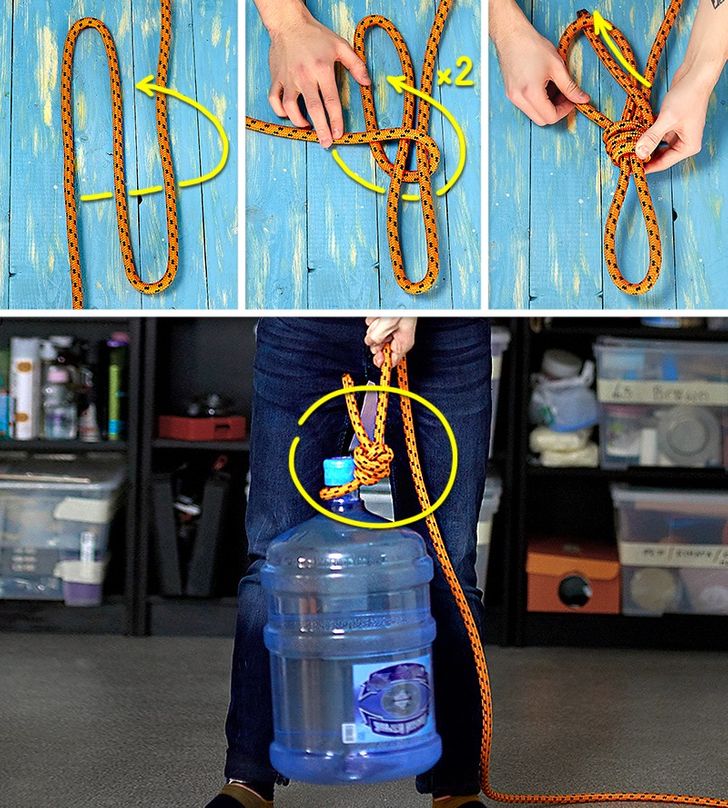

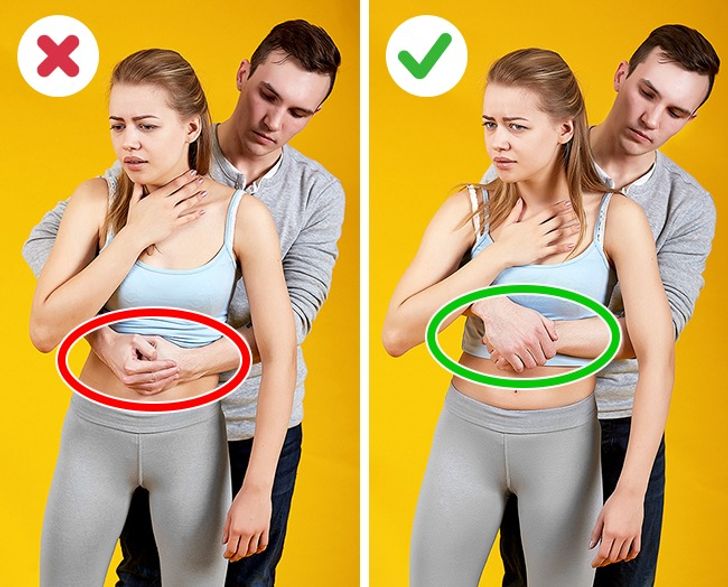

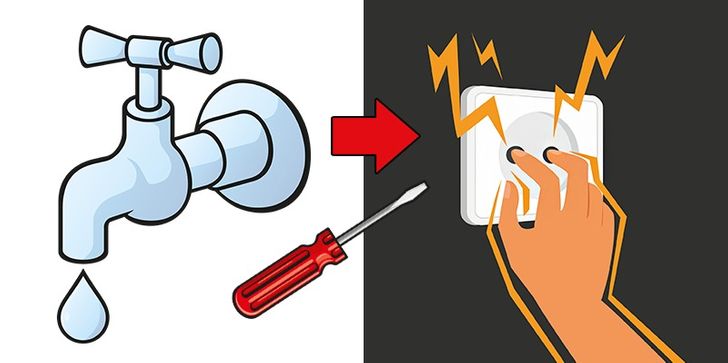
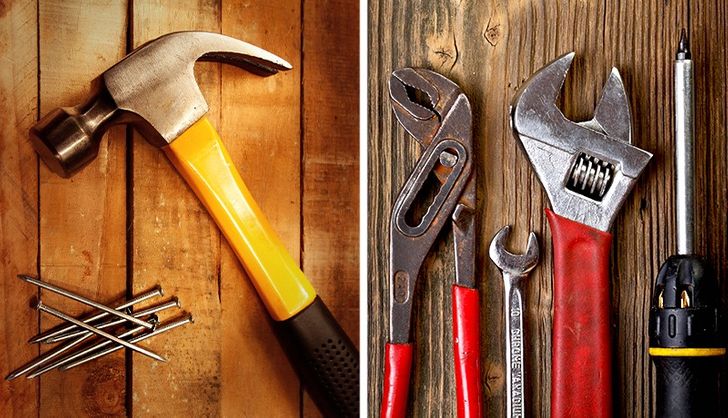
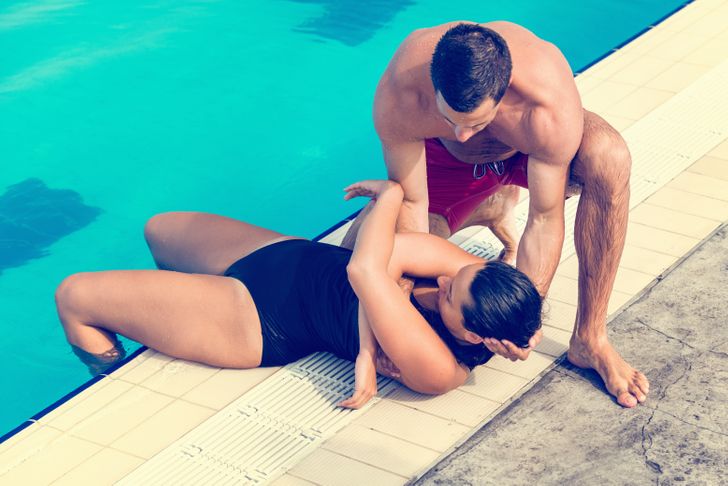

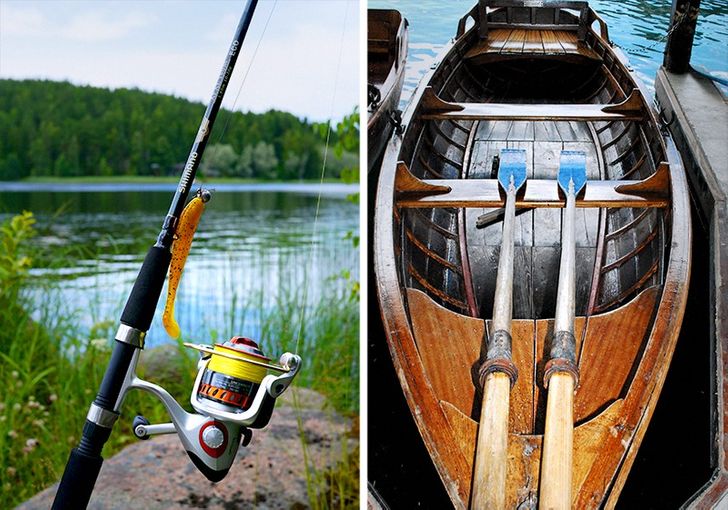

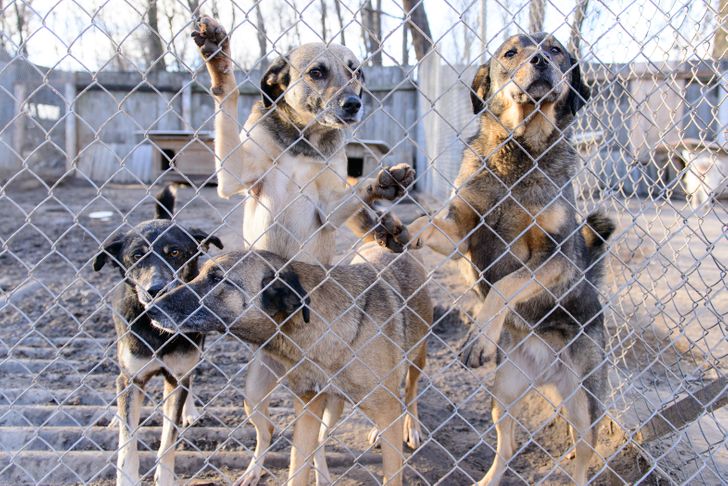
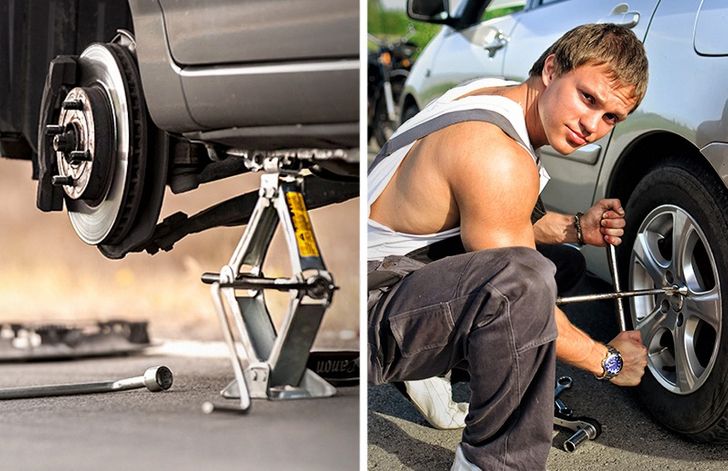
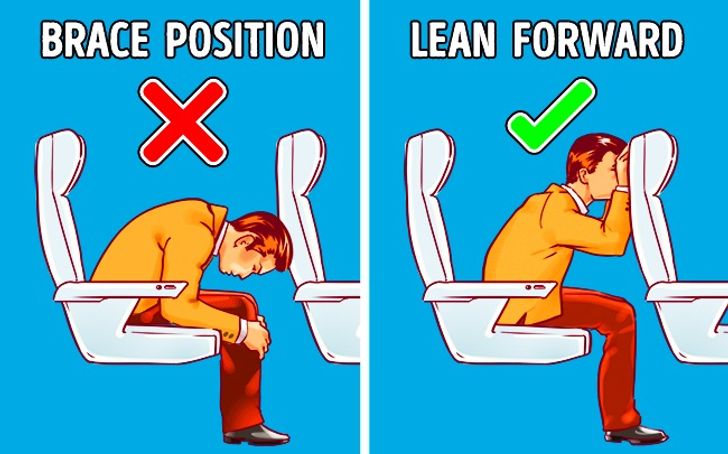
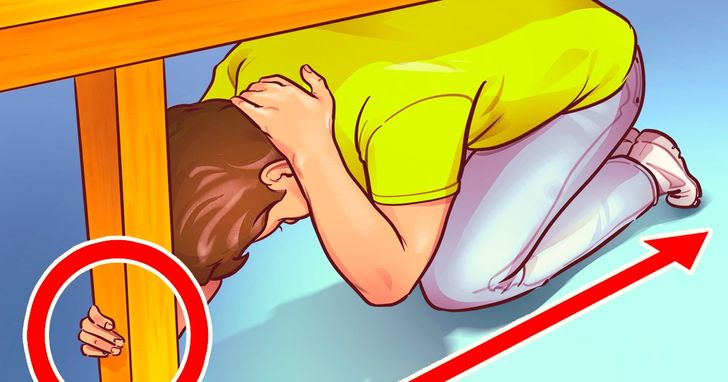
0Comments